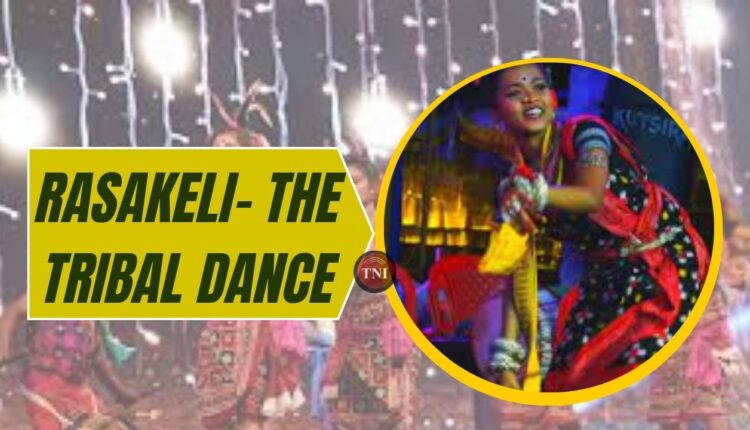Rashakeli: A Tribal Dance of Unity and Joy
This dance is primarily performed during festivals, rituals, and cultural celebrations.
Rashakeli Dance is a traditional and vibrant folk dance from the tribal communities of Odisha, particularly from the Kalahandi district. This dance is primarily performed during festivals, rituals, and cultural celebrations. It is associated with the celebration of harvests, seasonal changes, and other important social events. The name Rashakeli is derived from “Rasa” (meaning dance) and “Keli” (meaning play or sport), symbolizing a joyous dance celebrating life and nature.
Characteristics and Style of Rashakeli Dance
The dance is typically performed in a circle formation, with dancers joining hands, creating a strong sense of community and togetherness.
The circle represents unity, and the dancers move in rhythm, either in slow, graceful steps or faster, more energetic patterns depending on the music and occasion.
Rashakeli is accompanied by traditional music, typically using drums, cymbals, and other indigenous percussion instruments. The rhythm of the music is essential in guiding the movement of the dancers.
The melodies often have an upbeat and joyful tone, encouraging spirited and synchronized movements.
The costumes worn by the dancers are vibrant and colorful, made from traditional fabrics. Women often wear sarees or other local attire, while men might wear dhotis or lungis.
The dancers might also decorate themselves with flowers and traditional ornaments, enhancing the celebratory atmosphere.
Rashakeli features a series of graceful and rhythmic movements, with the dancers shifting between slow and fast-paced steps. The choreography involves synchronized foot stamping, spinning, and hand movements.
The steps are simple yet elegant, emphasizing balance, coordination, and fluidity.
Rashakeli is primarily performed during agricultural festivals, particularly during harvest seasons. It is also performed during community celebrations, weddings, and other significant tribal events.
The dance often symbolizes prosperity, the bond between nature and human life, and the reverence the tribes have for the earth and its bounty.
Rashakeli is not just a form of entertainment; it plays a significant role in the spiritual and cultural life of the tribal communities. It is a way of connecting with the natural world, celebrating communal life, and marking important phases of the agricultural calendar.
It also reflects the close connection between the people of Odisha and their land, with the dance often symbolizing gratitude for the harvest and the beauty of nature.
Skills Involved
- Coordination: The dance requires the dancers to be in perfect harmony with one another, moving in sync and following the rhythm of the music.
- Footwork and Flexibility: The dance involves graceful foot movements and spins, which require agility and flexibility.
- Expression and Energy: Dancers express joy, energy, and community spirit through their movements and facial expressions, making the performance engaging and celebratory.
The Rashakeli dance of Odisha is a beautiful expression of the tribal culture, showcasing the communal spirit, connection to nature, and reverence for tradition. Through its rhythm, colorful costumes, and lively movements, it provides a glimpse into the rich cultural heritage of the tribal communities in Odisha, especially in the Kalahandi region.
Support Independent Journalism? Keep us live.


Comments are closed.